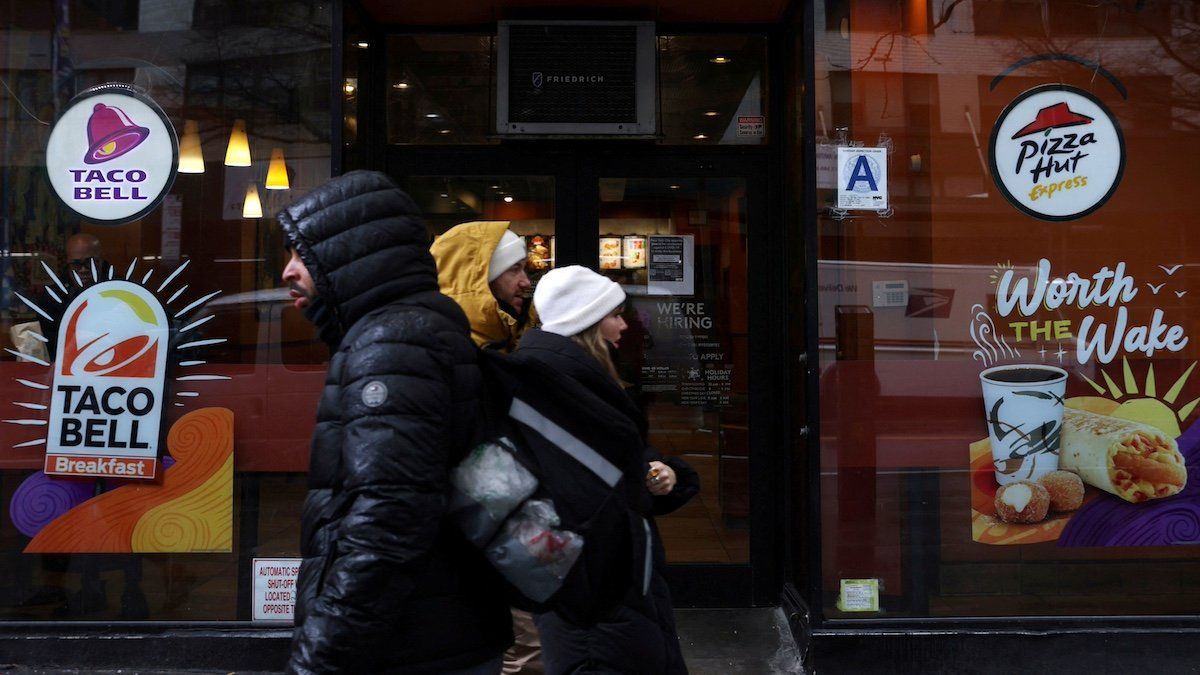Businesses are starting to use artificial intelligence to watch their workers. One AI system, called Riley, is in use at 100 different U.S. stores, including Dairy Queen, Taco Bell, and Wendy’s fast-food establishments, according to a new report by Forbes.
Riley is an intelligence surveillance system that effectively surveils employees, evaluates their performance, and suggests feedback and bonuses based on its determinations. One Dairy Queen franchisee said Riley has led to a 3% boost in sales.
There are countless problems with technologies like this. Automated systems might hold workers to harder standards than might a human manager; plus, AI systems are often prone to bias based on the way they were trained. Increasingly, algorithms also govern the process to even get a job—especially lower-wage jobs.
The future of work is eerie: The next time you apply for a job, you might be judged by an unknowable computer program—and if you manage to impress that software, there’s more just like it watching you when you actually get to work.